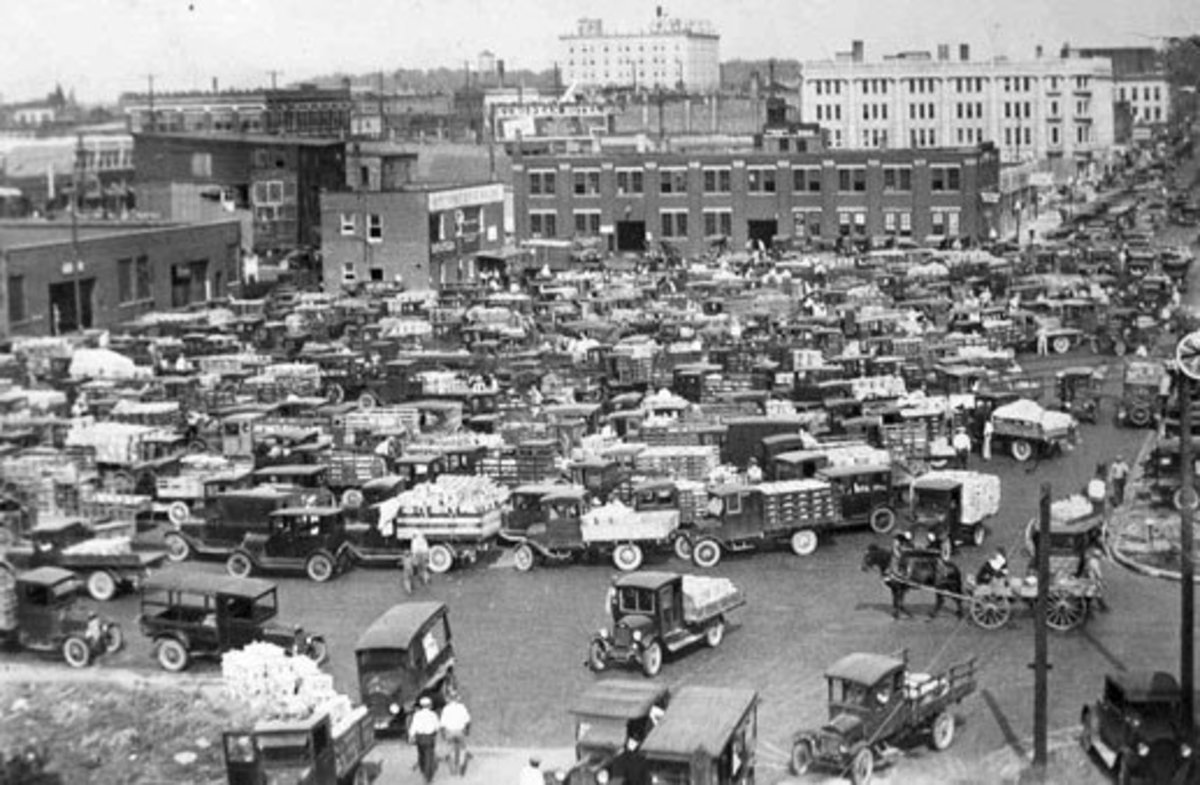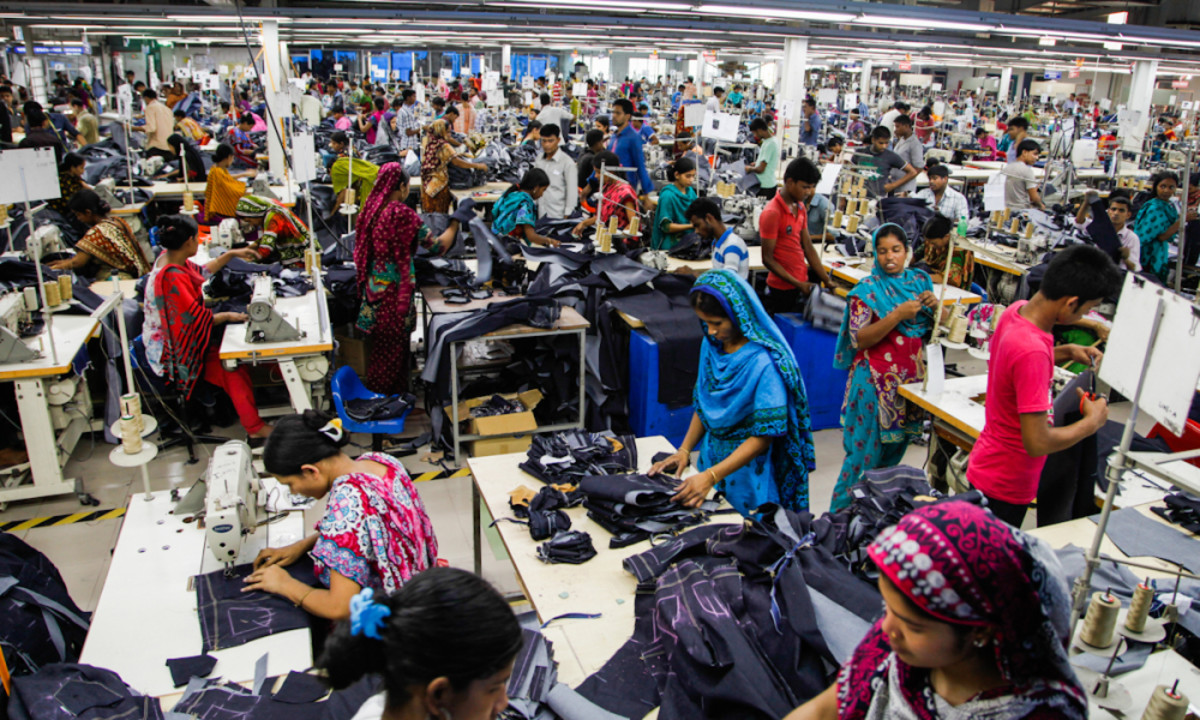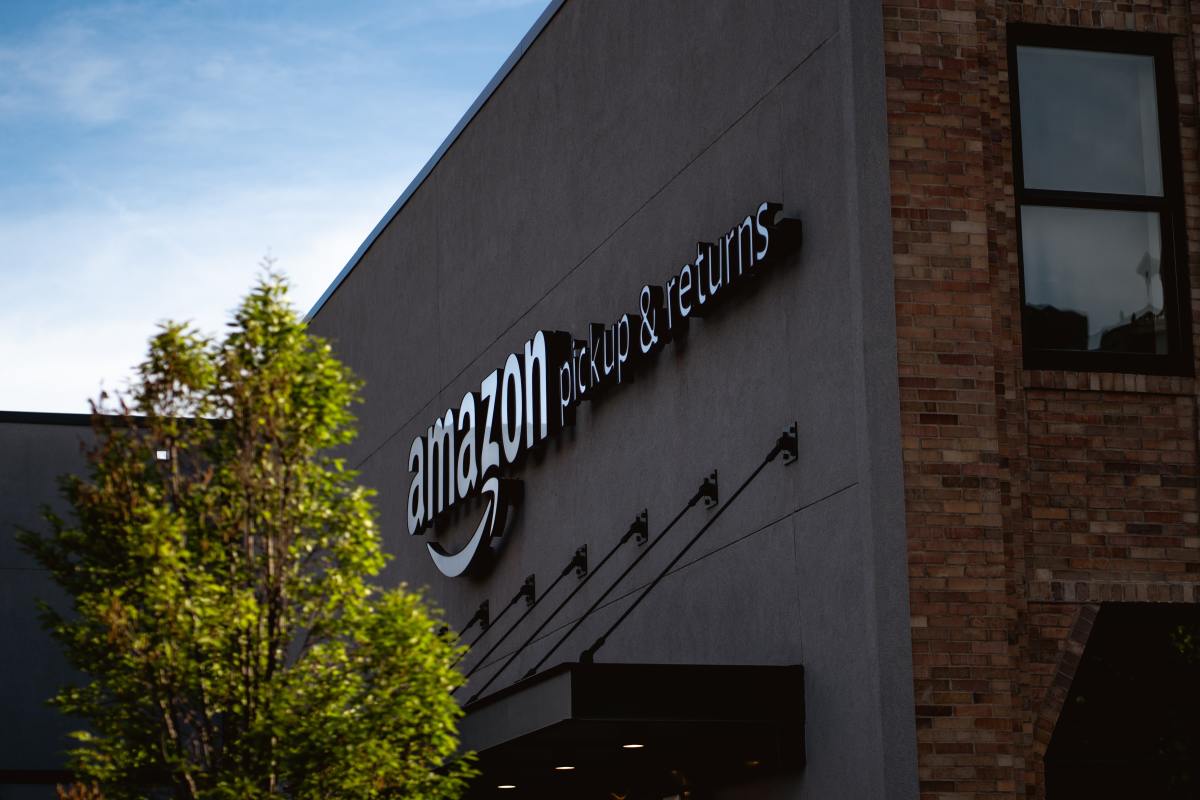Labor, Unions and Us
Can We Work Together?
Trade unions have been in the news all this year, though the topic has quieted some recently after the successful recall vote in Ohio and a slim win in Wisconsin to retain the anti-union 'king' Scott Walker. But unions remain a solid issue, if not as potent a force as they once were.
I remember touring the home of Eugene V. Debs in Terre Haute, IN, some years ago. I'd heard his name in history classes, but recalled nothing about him - except vague memories of labels like "communist" or "socialist." So I was naively skeptical about him and what he stood for, but when I visited his home, read the displays and heard about him from the docent who conducted us on a private tour, my thinking changed. Debs was a union leader who became a socialist while in prison, and while I disagree with him on specific approaches to governmental and social issues, I agree with his broad sense of things: that all people are entitled to the same rights, opportunities and fair treatment.
My approach to unions and the labor issues that Debs' life clarified can be summed up by describing two companies, both actual firms, both still in business. Company A employed my father and 749 other workers at one of its plants in the mid-west. Its owner was vigorously anti-union. His philosophy was this: 'We are a family here at this plant. If business thrives, we all do well, but if a vote to unionize ever takes place, I'll padlock the doors and walk away."
Sounds harsh, doesn't it? Well, here's how that company functioned in practice. Every woman had to wear a skirt and blouse to work (no slacks) and every man had to wear a white shirt, tie and sport coat - no matter what their job - machine operator, janitor, parts inspector, or crating and shipping. When my dad began work there, he was shown a locker that would be his. When he asked where the lock was, he was told, "There's no lock. Everyone is honest here. Why, you could put a $5 bill on this bench and when you came back after your eight hour shift, that money would be right there." So my dad, being the no-nonsense kind of guy that he was, put a $5 bill on that bench the very next morning and when he came back after work that day, the money was still there!
Besides honesty, that company offered some other perks. Uniforms were issued by the plant, with each worker's name embroidered on the front pocket. They were cleaned for free and replaced when worn out at no charge. Every ten days each worker heard his or her name called out over the speaker system, with the announcement of "304." That meant a free haircut in the factory's barbershop, and the worker was paid for the time he/she spent away from their job.
The company had a medical office with a doctor and nurse, as well as a dentist and dental hygienist. Once a year, each worker was required to see the company doctor and dentist, but at no cost. You could also have your own doctor and dentist, but you were seen by the company's medical staff just the same, and if you had a prescription to fill - from your doctor or the plant's doctor - you dropped it off in the morning and picked the meds up at night. The company sent a courier to fetch the medications, paid for the pick-up and paid for the cost of the medicines! The company also employed a full-time chaplain who made the rounds of the factory every day to speak with each worker, in addition to offering prayers on special occasions and counseling workers in his office whenever such services were requested.
The firm had a profit-sharing plan and a retirement plan also. Every six months it held a "bonus" party, to which workers were urged to bring their families; I went to a number of them. At this party there would be lots of food and drink, brief remarks about the company's performance over the previous six months - and each worker received a check, based on semi-annual profits. If the company's earnings were up 9%, for example, each worker was handed a check that very night for 9% of his or her salary. The matching number might be 11% or 4% or 2%, but if the company had lost money the past six months no salary reductions were made!
Adding to all that, a monthly plant meeting was held and all 750 employees were required to attend, with pay. At each meeting a high-ranking officer of the firm would make a simple 15-minute presentation about the company's progress that month (perhaps in sales or new business contracts, production results, or a projection of business trends for the next quarter). Then it was the workers' turn. Anyone could ask a question of the firm's representatives, even of the owner, and get a straight answer.
Oh, and by the way, every morning there were free donuts, rolls, coffee, tea and juice in the cafeteria before the work day started - and copies of a half-dozen major newspapers (NY Times, WSJ, Chicago Tribune, etc) on hand to be read. Besides that, meals for each shift were subsidized - so that a full 3-course meal cost a fraction of what it would in a restaurant.
My dad stopped working there in the late 1970's, due to declining health. He died the last day of 1984. Yet today, almost 28 years later (10/6/2012), my mother is in a nursing home and STILL has health insurance from my dad's company that covers most of any charges that Medicare doesn't (except for dental work and eyeglasses). In 2012 she pays $2,000 for that insurance policy, AND that rate doesn't change over a five-year period AND it actually decreases in cost each five years thereafter!
Now, as I said, the owner of that company was fervently anti-union. But, in contrast, consider Company B. A relative of mine by marriage works for that firm, a large chain store business. Her hours are set by the company and the schedule changes daily. She may work 7 to 3:30 one day, 3 to 11 the next, 12 to 9 after that - and her days off vary week-to-week as well. This wreaks havoc with childcare, since her husband leaves by six a.m. each day and has two jobs. She has medical insurance, but it's very expensive and covers very little. She gets store discounts, and that helps (it also encourages her to support the company's profits, of course), but she's also been told to come in a half hour or hour late some days when business is slow, and is required to work extra hours on busy days but is not paid for that extra time!
When the business practices of both these companies are compared, it's obvious that something is wrong. One company treats its employees with respect and generosity, and the workers in turn are fervently loyal to the firm. As one person told my dad when he applied for work there, "It's hard as hell to get hired here but - if you are, you've got a good job for life. The other company maximizes profits at the expense of its workers, calls all the shots and isn't much concerned with the workers' needs or personal situations.
That's why unions have been needed in our country's history. They haven't always been honest, but then companies and our government have also been ruthless. So, until every business acts like Company A that I described above, something has to be done to 'square the circle' of labor. I'd prefer that all companies and executives behave fairly, respect their workers, pay them a good wage and share the profits in a more equitable fashion - and that all employees remain loyal to the firm that employs them and do their best possible work every single day. Maybe that's too much to ask from either side, but I think it's still possible - and companies and owners and workers exist that prove me right. They're in the minority, to be sure, but then minorities count and when people and businesses band together, some good things can happen.








